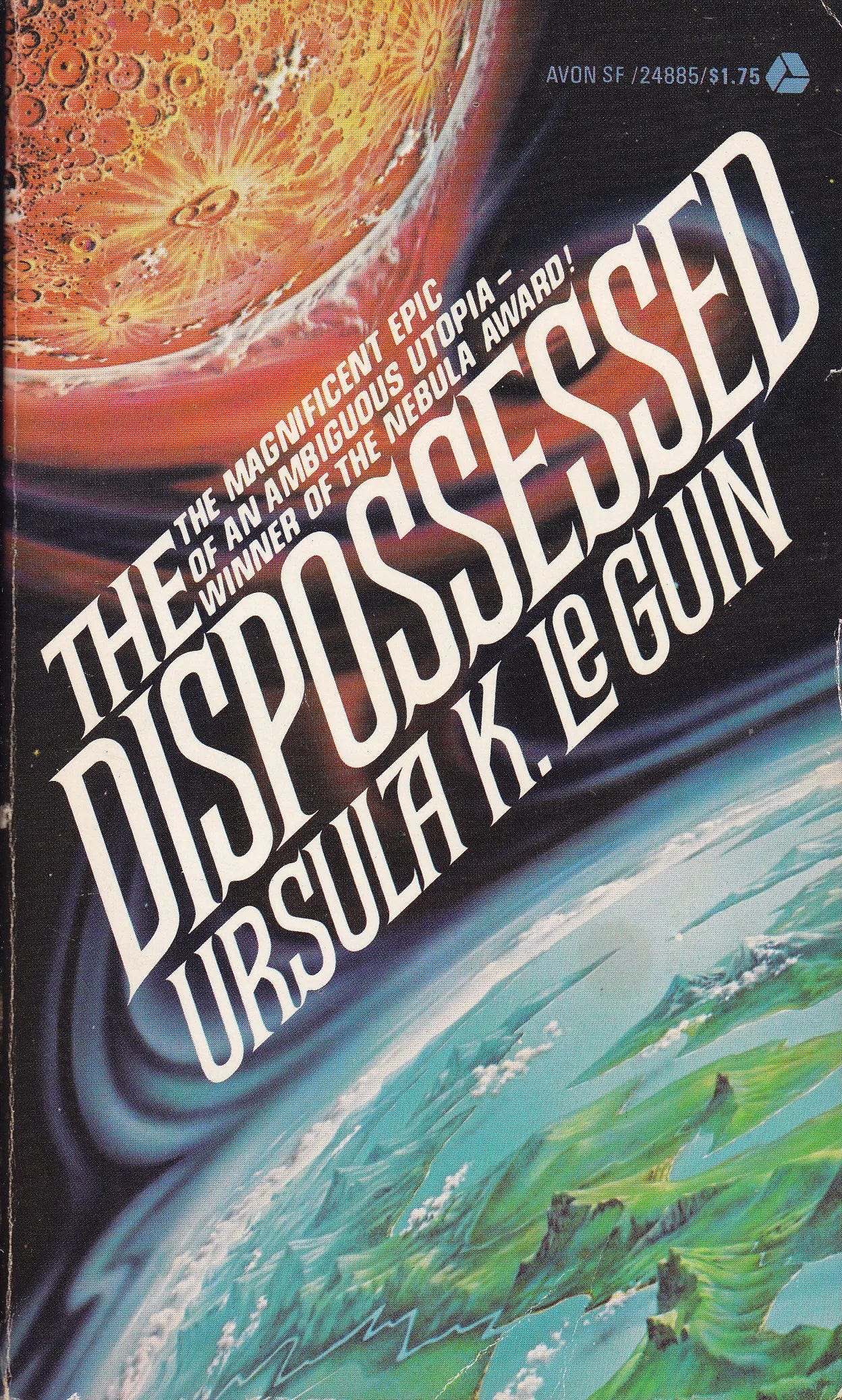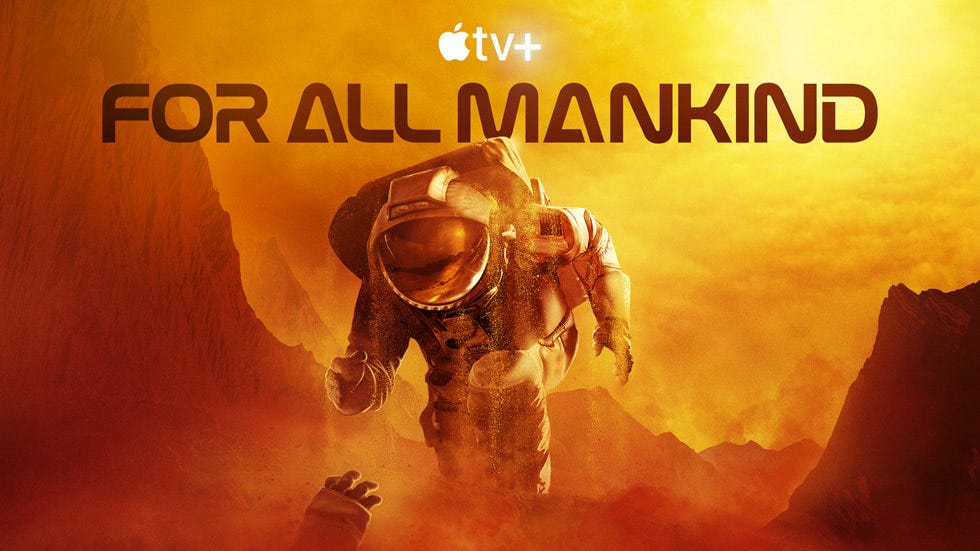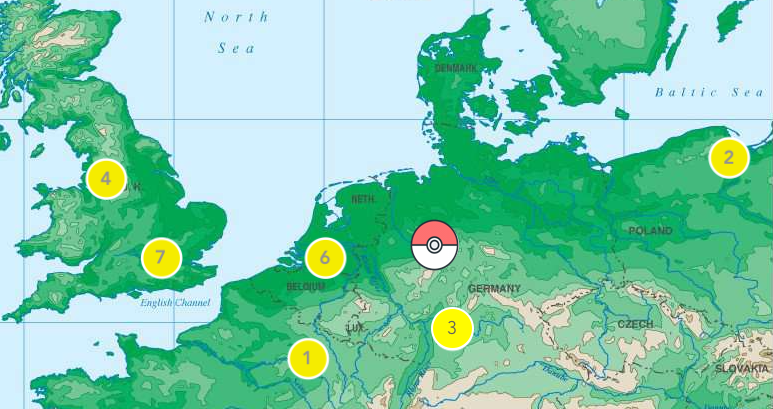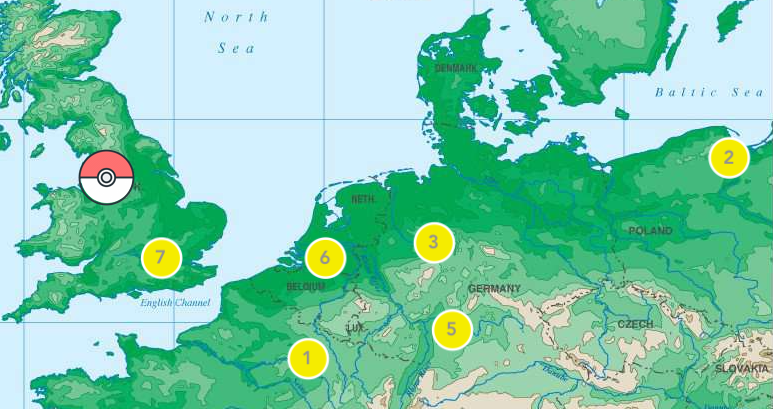2023’s Defining Media

We’re closing out the year with a few short but frequent posts. We’ll be back to every couple weeks in January. Previously:
- Looking back on a most prolific year
- 2023’s Best Cup of Coffee
- 2023's City (that I visited) of the Year
In 2023, I went to the cinema far less frequently than I would have liked. I watched a lot more film and television on airplanes than I would have anticipated. I had about the most normie musical tastes imaginable and more or less made peace with that fact. I played more video games than I intended and regret none of it.
And, of course, I read. Some years, I have themes and plans for my reading1. Some years it’s just a goal to read a certain number of books. 2023 was the first time in a long time that it was neither. 2023 was about reading whatever book I felt excited to read and becoming comfortable with the simple act of moving on from a book that I thought I’d be excited to read but wasn’t actually.
It is a bit of irony, then, that I’ll remember this year for Kim Stanley Robinson’s Mars Trilogy more than any other piece of media, because - let me tell you - there were a lot of times when I was very much not into the Mars Trilogy. When a set of books clocks in at over 1,500 pages, it’s just kind of guaranteed to colonize a certain amount of ones brain much like certain near future metanational corporations seek to colonize the red planet.
I like to imagine the challenge of being Kim Stanley Robinson’s editor for this series, because it makes sense of why the Mars Trilogy is what it is:
Kim delivers the first book, Red Mars, and it’s 500ish pages of incredible. It’s everything you want sci-fi to be: first of all, scientific, but also narratively compelling and full of memorable characters, and finally commenting on the future in a way that comments on the present at the same time. It has some cool descriptions of futuristic vehicles and some interesting passing references to Switzerland, much like every KSR novel. It sells pretty well, and it wins the Nebula award for best novel right around the time that the sequel, Green Mars is coming out.
When Green Mars arrives on your desk, you dig in because you’re not really sure where it’s going to pick up and are immediately drawn into something entirely different from the first book. It’s farther in the future, so the science is a bit more speculative and thus requires some more drawn out explanations. It has kind of a lot of characters wandering alone around the surface of the planet. You send some notes to Kim and suggest that maybe he tighten up the prose a bit and get it down from around 600 pages back to the 500 pages of the first volume - but, no no, totally keep in those new vehicle descriptions and all of the ways that Swiss politics drive the plot. He makes a couple cursory edits but otherwise waves you off and says, “heyyy, just trust me. People are gonna love this.” Again, it sells well, and this time it wins the Hugo Award.
About a year later, you hear from Kim that the much anticipated final volume of the trilogy - Blue Mars - is in a courier on its way to you. You call up your financial advisor and have him start looking into the tax advantages of summer home ownership. The courier lugs a giant manuscript into your office, and as you start into it you’re feeling a bit of trepidation. It’s, um, not exactly all that gripping to start with and seems to resolve almost all of the lingering conflict from the second book within the first hundred pages. And then it drags for, like 300 pages…but that 300 pages set up the final 300 hundred pages, and those are every bit as breathtaking as the first book had been2, so you send Kim a note that’s like “Love it, Kim. Really love it. Especially the third act and of course the new vehicles and all the Switzerland stuff. In fact, I wonder if maybe we could just get to all of that a lot sooner.” And he’s like, “My guy, listen, was I wrong last time?” And you have to admit that, in fact, he was not, and that - whatever else you might say - the man does have a following. You are in a genuine state of shock when it also wins the Hugo.
And this is the conundrum of the trilogy: it is definitely too long. Also, if you told me that a new edition was coming out that went into more of the story of certain characters, I’d be all in.
So, let me just say two final quick things about the Mars Trilogy:

- Like so much great sci-fi, it’s not about the science but the social commentary. KSR’s vision of an anarchic Mars is something that really captures the imagination. Also, if you don’t want to spend 1,500 pages and instead more like 300 pages, Ursula K. LeGuin’s The Dispossessed covers a lot of the same ground.

- The Mars Trilogy has ruined this 4th season of For All Mankind for me. The conflict of conquest versus exploration is so much more interesting than “who can be the most successful colonizer?”
Was this maybe a little bit long? Ha - not compared to the Mars Trilogy it wasn’t.






Member discussion